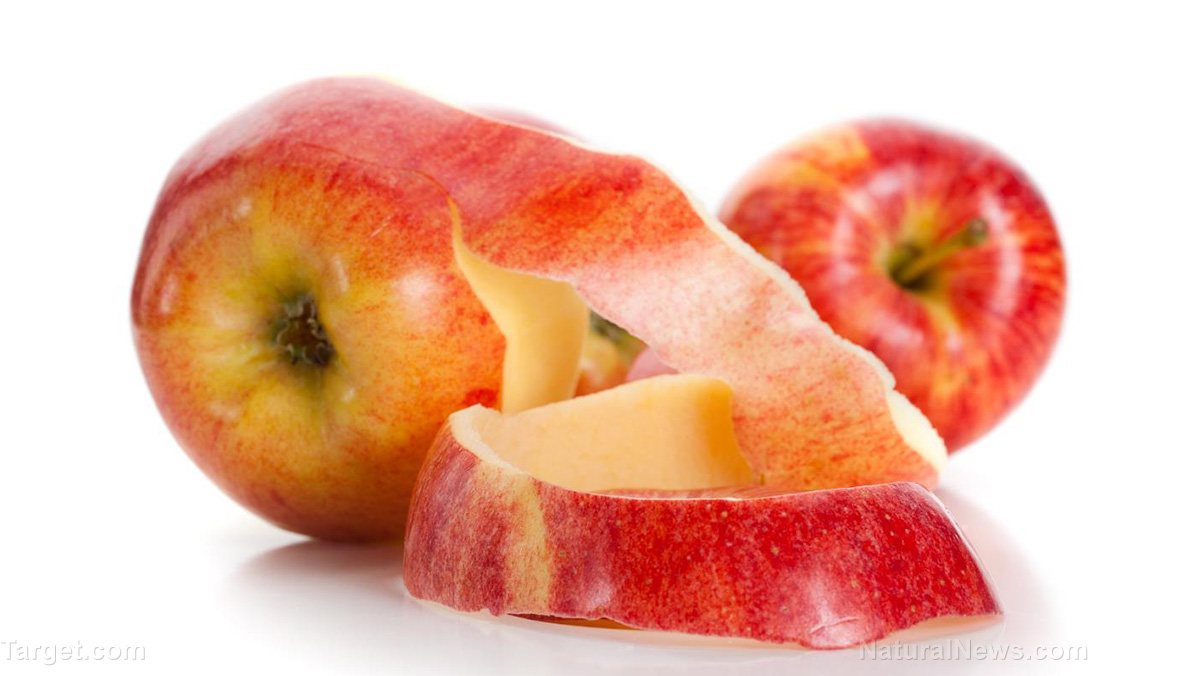
Advertisement
Jams, jellies and marmalades all contain one thing in common: pectin. Often used as a thickener and gelling agent, this soluble fiber can be found in abundance in apples and citrus fruits.
Health benefits of pectin
Pectin is a carbohydrate that helps plant cells maintain their structure. It is composed of simple sugars called monosaccharides and a number of sugar acids.
Substantial amounts of pectin can be found in citrus peels, plums, carrots, cherries and apples. The latter, in particular, is one of the most studied fruits when it comes to pectin content.
Here is a run-through of some of pectin’s reported health benefits, according to recent studies and ongoing research:
Promotes digestion
One of pectin’s most notable health benefits is its effect on digestion and gut health. Being a soluble fiber, pectin helps soften hard stool to make it easier to pass through the colon. This action helps minimize the occurrence of bloating, indigestion and constipation.
Soluble fiber is also a prebiotic, meaning it acts as food for the good bacteria in our gut that support digestion and keep harmful bacteria under control. Good gut bacteria also protect the intestine from inflammation, which can lead to ulcers and cancer.
Recent clinical trials suggest that apple pectin can reduce the rate of diarrhea in children and in people suffering from inflammatory gastrointestinal conditions like ulcerative colitis, a chronic disease of the colon.
Reduces total blood cholesterol
Soluble fiber like pectin helps reduce total blood cholesterol levels. In fact, researchers from the Food Standards Australia New Zealand (FSANZ) has found that increased consumption of pectin from foods or supplements lead to great reductions in total cholesterol.
Meanwhile, other clinical trials suggest that pectin helps reduce the amount of bad cholesterol in the bloodstream without affecting the amount of good cholesterol. Animal studies also report that apple pectin helps reduce total cholesterol in obese rats.
Regulates blood pressure
Findings from small clinical trials suggest that apple pectin can help reduce systolic blood pressure in people with high blood sugar.
Because of its beneficial effects on blood pressure and on total cholesterol, apple pectin can support heart health.
Supports diabetes management
According to studies, apple pectin can help reduce blood sugar and protect against sudden spikes after meals. Being a dietary fiber, pectin can slow the absorption of glucose from food. The result? Better blood sugar control.
A small trial also reported that pectin from unripe apples helps reduce blood glucose after a meal. On the other hand, animal studies have found that pectin from citrus peels is the most effective against insulin resistance and high blood sugar.
Protects against radiation-induced damage
Perhaps one of the most interesting studies on apple pectin to date, a 2004 study reported that apple pectin helped reduce radiation-induced damage in Belarusian children living near Chernobyl, the site of the infamous nuclear disaster of 1986.
In a separate study, the same group of researchers also found that oral administration of pectin led to a significant reduction in the amount of cesium-137, a radioactive chemical element, in children that had been exposed to radiation.
Reduces high blood lead levels
Besides radiation-induced damage, pectin has also been found to have protective effects against lead toxicity. A small clinical trial reported that 15 grams of pectin helped reduce high blood lead levels in hospitalized children.
Pectin in apples and citrus fruits offers a host of health benefits, from improving digestion, blood pressure, blood glucose and blood cholesterol levels to protecting against lead toxicity and radiation. To enjoy the full benefits of pectin, eat plenty of pectin-rich fruits, such as apples, lemons, grapefruits and oranges, or include vegetable sources like carrots, green beans, peas, parsnips and potatoes in your daily diet.
Sources:
Advertisements







